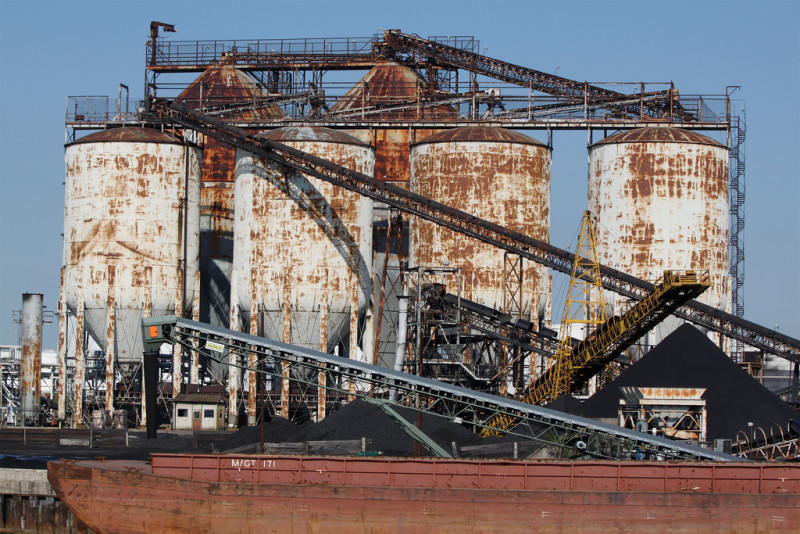A fire at the Pasadena Refining System sent emergency crews scrambling this Saturday. The refinery, located along the Houston Ship Channel, briefly shut down. One person was injured and sent to a nearby hospital with what the company is calling a “flash burn.”
But how much more there is to the story is unclear, especially after a press conference was abruptly shut down four minutes after it began, when reporters began asking questions about the plant’s safety regulations.
One neighbor reported feeling an explosion shake his house Saturday morning, but the company refused to answer whether there was an explosion before the plant caught fire.
The incident on Saturday adds to the growing safety and operating concerns at the Houston-area refinery. The plant is owned by Petrobras, which owns 15 refineries internationally, as well as a multitude of production platforms, pipelines and service stations.
Matt Dempsey, a reporter for the Houston Chronicle’s investigations team, says Pasadena Refining System has a long history of safety and pollution violations.
In December 2011 there was an explosion at the plant. Dempsey says the refinery has also received $1.1 million in fines from the Texas Commission on Environmental Quality since 2010. In January 2014, the company let a federal permit lapse, and they are only now going through the application process to renew it. The plant has been operating illegally.
“It’s a troubled plant,” Dempsey says. “It’s been around for almost a century, but it’s had severe problems recently.”
The plant has had 61 emission events – or instances where they released illegal pollutants into the air – including Saturday’s fire.
The federal permit the company let lapse, a Title V air operating permit, organizes other environmental permits together under its umbrella. Some of those permits include temporary or general operating permits, which regulate what types, and how much pollutants plants are allowed to emit.
But why is the TCEQ allowing the plant to operate illegally, without this permit? Dempsey says it’s because it takes too much effort for TCEQ to shut these kind of plants down.
“They’ll probably get fined for not having a permit,” he says. “But they’ve applied for their new one. Normally, the application process happens before their permit expires and they’re under a permit shield – they get to operate under their old permit.”
But Pasadena Refining let theirs expire.
“They have to go through the whole process and continue to operate without one,” Dempsey says. “TCEQ will probably fine them but that’s probably the extent of what will happen.”
On top of these violations, the plant has had 11 lost-time worker injuries in the last year, when similar refineries reported having none of that type. In a lost-time injury, a worker is hurt on the job severely enough that it causes the worker to stay home from work. These injuries must be reported to the federal government, which penalizes companies if they get too many reports of incidents like these.
Pasadena isn’t the only plant that has been fined large amounts for violating environmental or permitting regulations, but Dempsey says the fines don’t seem to change anything.
“Tens of thousands of dollars in fines, for a lot of these places, is a drop in the bucket,” Dempsey says. “It just doesn’t seem to do very much.”
Plants are told how they must perform to stay within regulations, Dempsey says, but often after the fines are paid off the company goes back to operating the same way they were before.
“Most of the companies do what they’re supposed to do,” Dempsey says. “But if (it’s) a company that doesn’t want to do what they’re supposed to do, (their) worst expectation is going to be some fines. (TCEQ) will shake their head and wag their finger at you, and you’ll just keep going on doing what you’re doing.”















